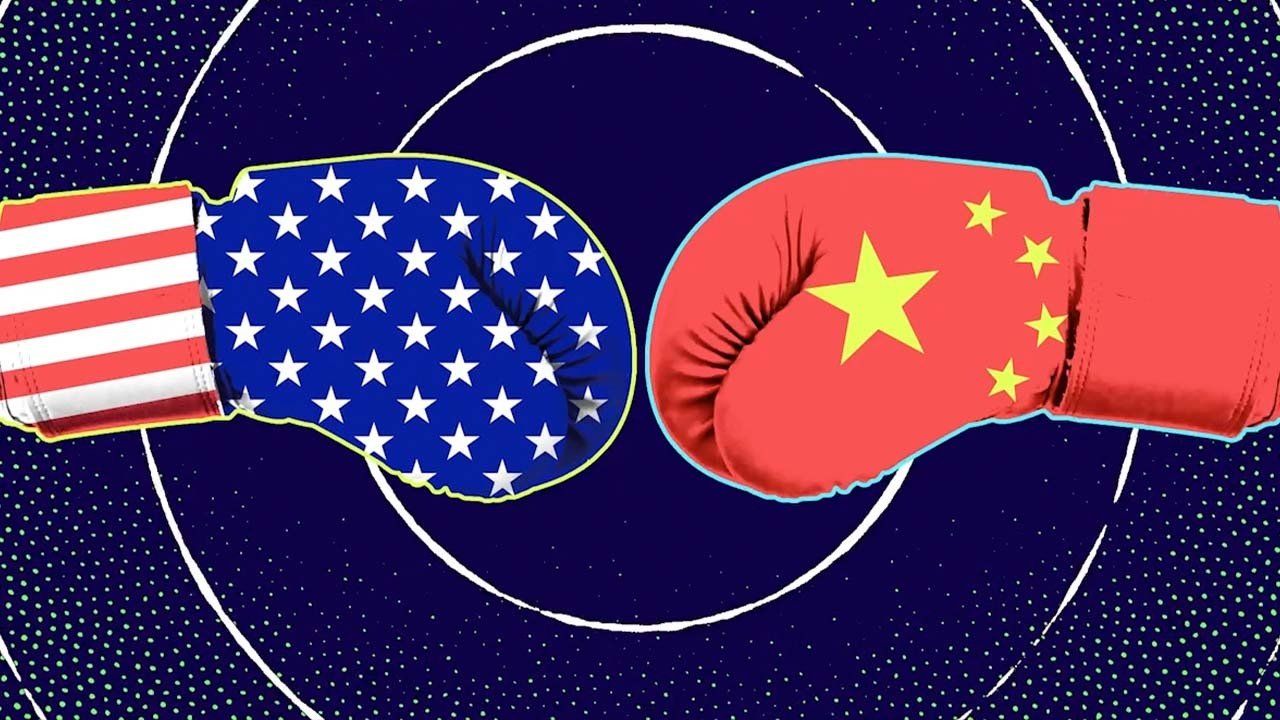On Thursday, the WSJ reported that China and Cuba have cut a deal to establish an electronic spy base on the island, barely 90 miles from the US mainland, presumably in exchange for a hefty sum of yuan. This is a big deal because it would allow the Chinese to eavesdrop on military comms in the southeastern US and monitor ship traffic from America's doorstep.
Meanwhile, the US, Japan, and Taiwan have agreed to share real-time data from naval reconnaissance drones — crucial to anticipate and respond to a hypothetical Chinese attack on Taiwan. But what'll really trigger Beijing is direct military cooperation between Washington and Taipei.
While China snooping on the US from nearby Cuba — and not hiding it from US intelligence — is likely intended to give Uncle Sam a taste of its own medicine over the US military presence in the South China Sea and near Taiwan, granting Taipei access to intel that would give the self-ruled island a heads-up that China is on its way is probably meant to warn Xi Jinping: We might do a bit more than just help Taiwan defend itself.
We don’t think the US and China are in a Cold War, but they are certainly doing things with Cold War vibes to each other. And this icy bilateral temperature raises the stakes ahead of US Secretary of State Antony Blinken’s planned visit to Beijing sometime this month, a trip he had to delay over that spy balloon.